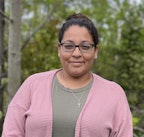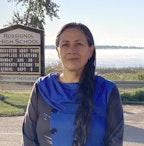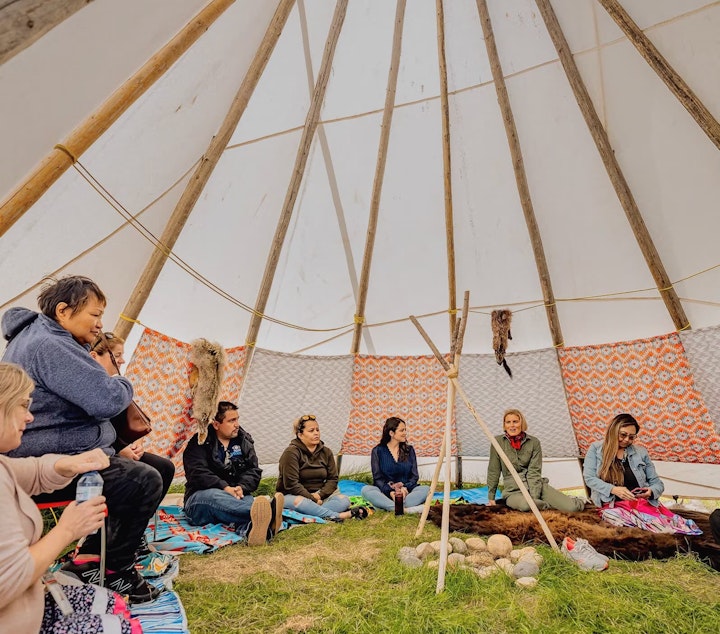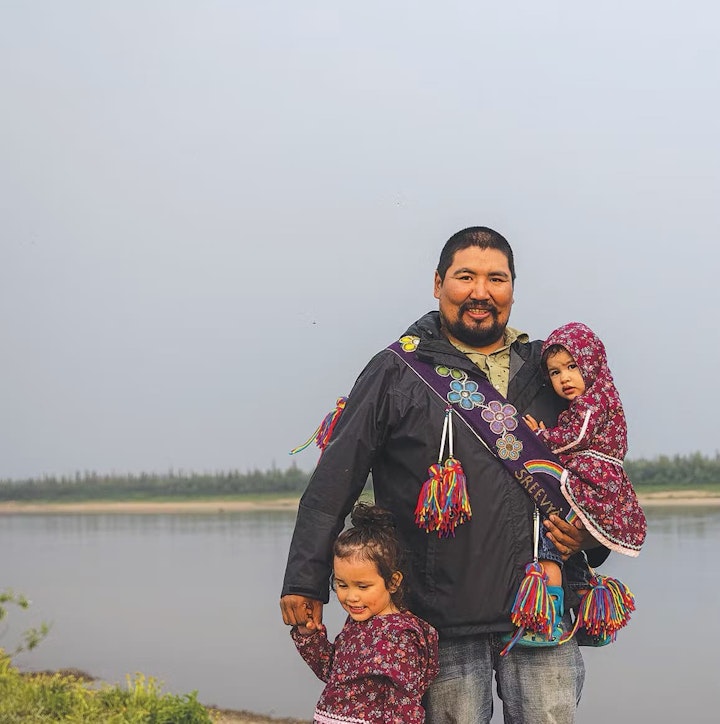Committed to Indigenou Well-being
The Martin Family Initiative (MFI) works in collaboration with Indigenous communities to advance family, educational, and economic well-being outcomes of First Nations, Inuit, and Métis children and youth.
Family Well-being
Strengthening care and education practices for families during the early years of their children's lives.
Educational Well-being
Supporting educators in cultivating strong educational foundations for continued school success.
Economic Well-being
Introducing learners to the world of business and finance.
100Number of Schools, Organizations, and Communities We’ve Partnered With
10KNumber of Indigenous Children and Youth We’ve Impacted
95%of MFI partners agree that MFI is a good partner
Our work takes us coast to coast to collaborate with Indigenous communities across Canada.
*Here are a few of the incredible human beings we’ve met along the way. We're lucky enough to work with many of them each day.

Annette Bruisedhead
Literacy Program Advisor , Kanai Nation








